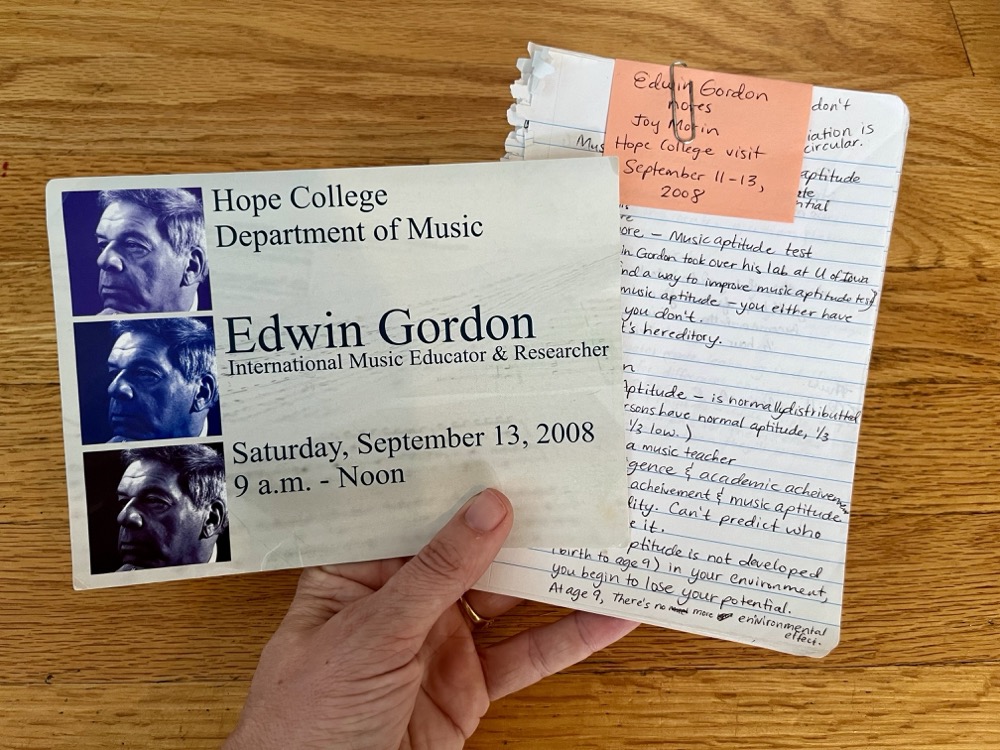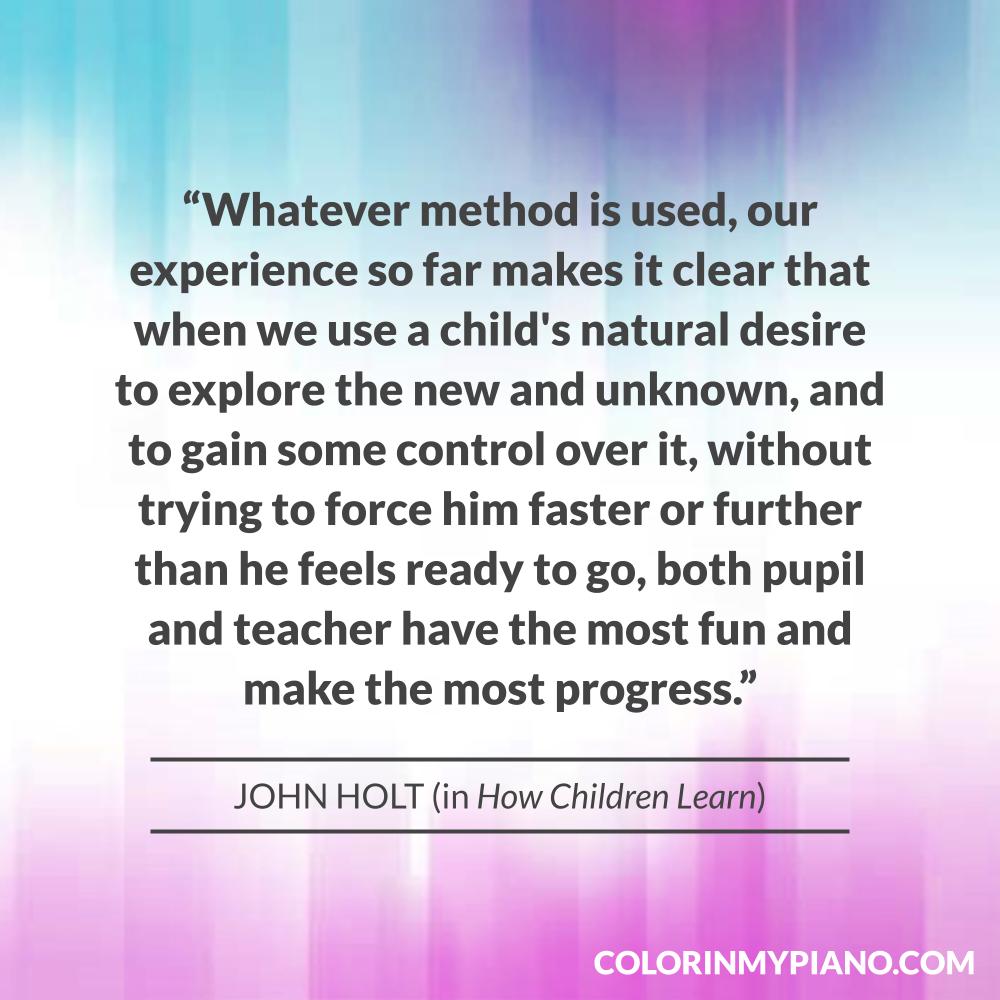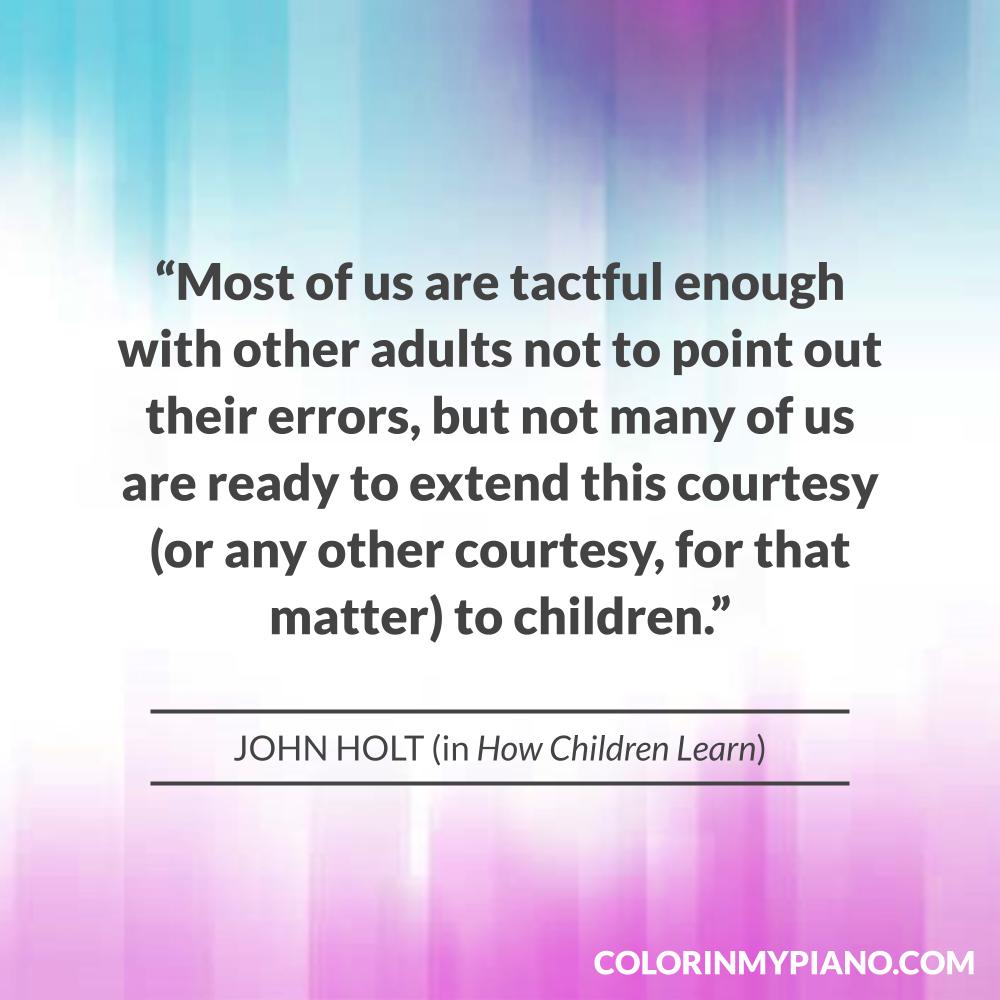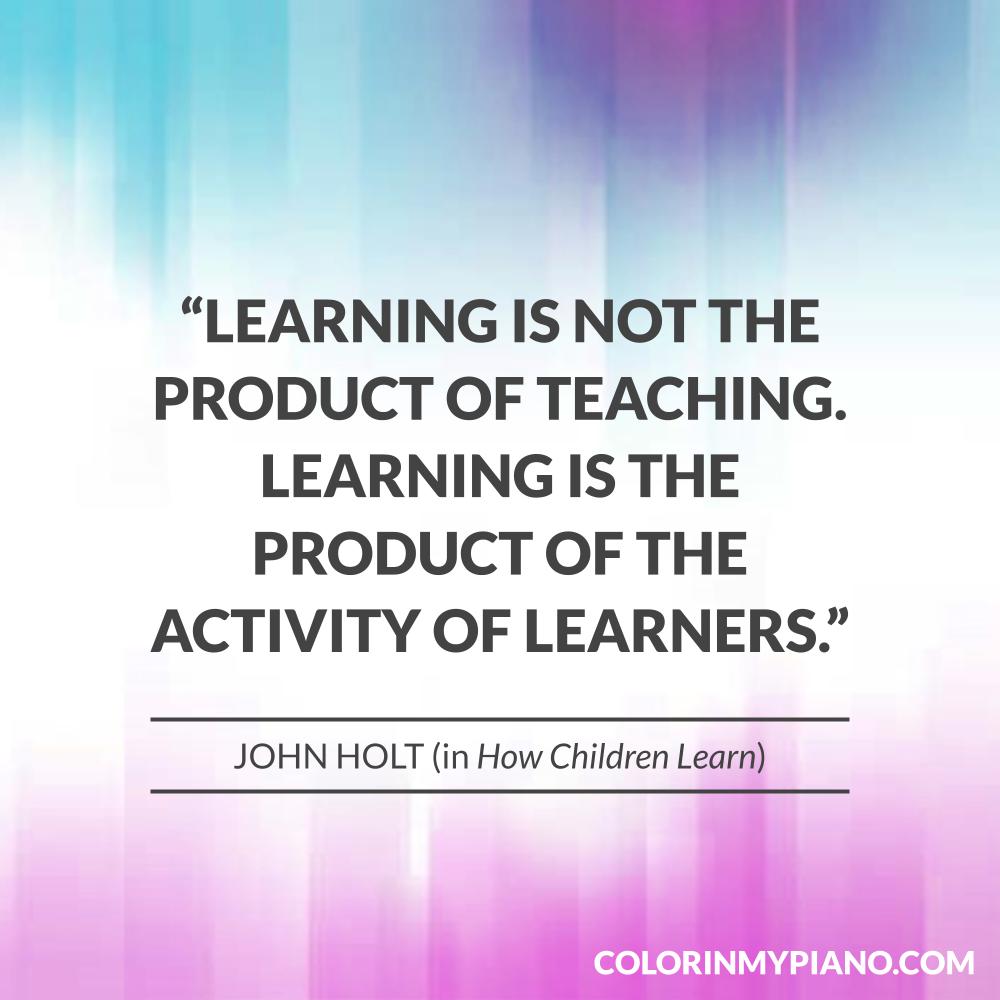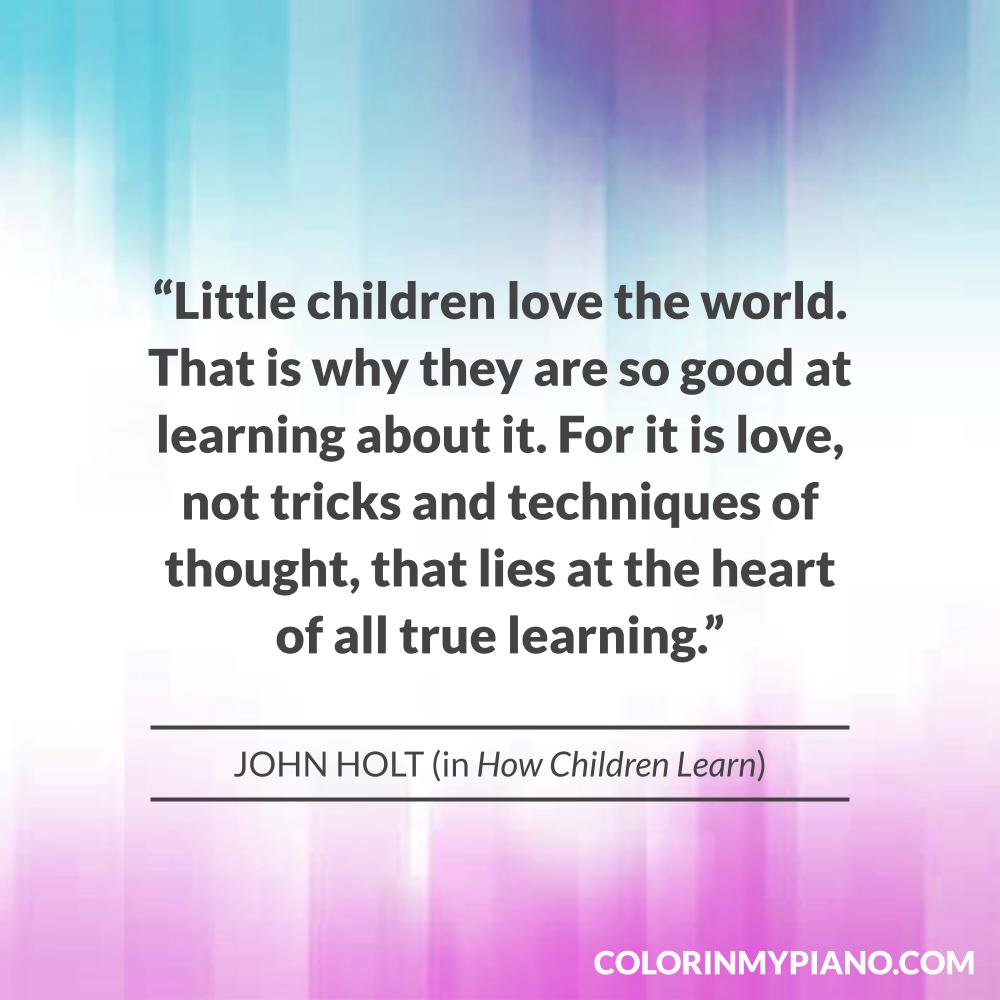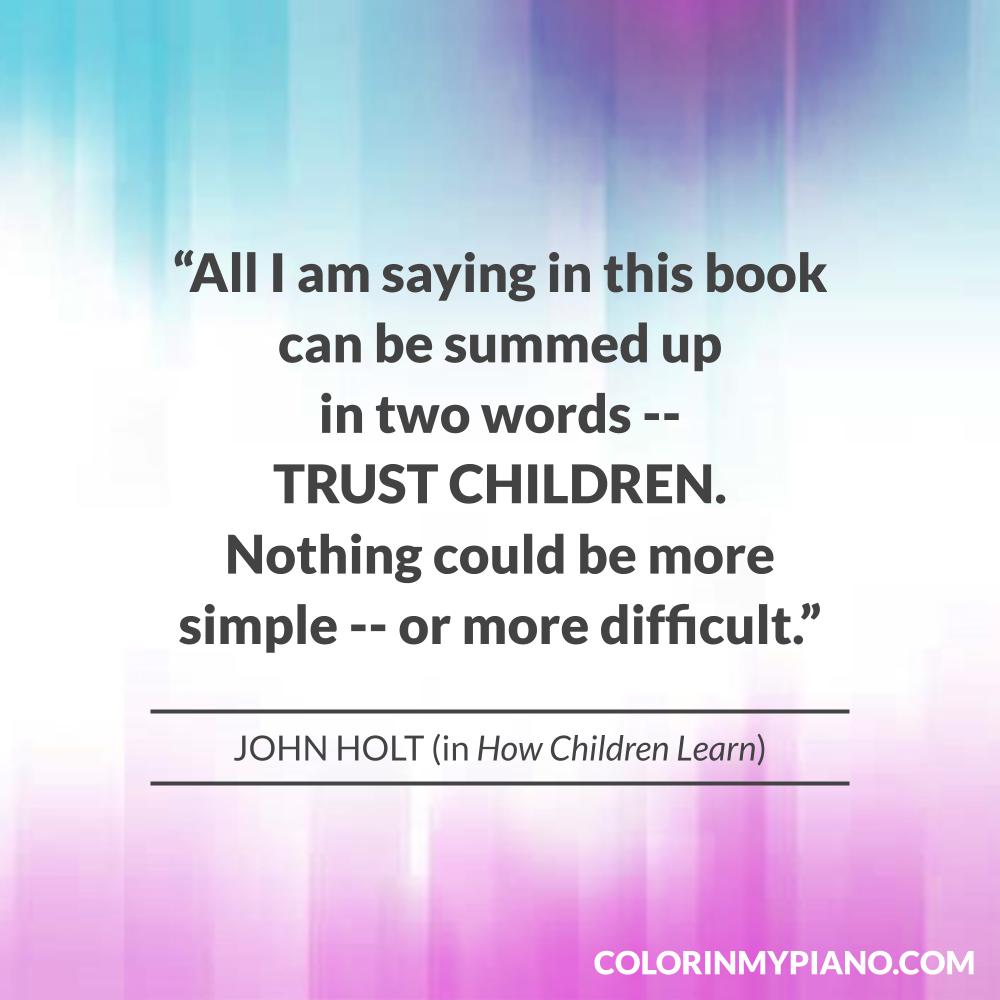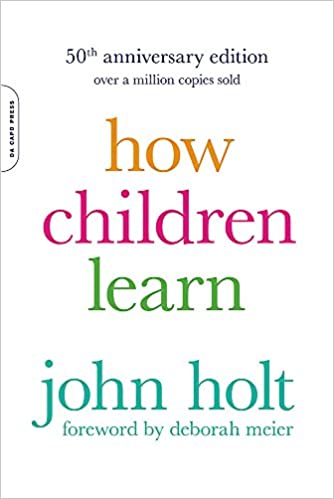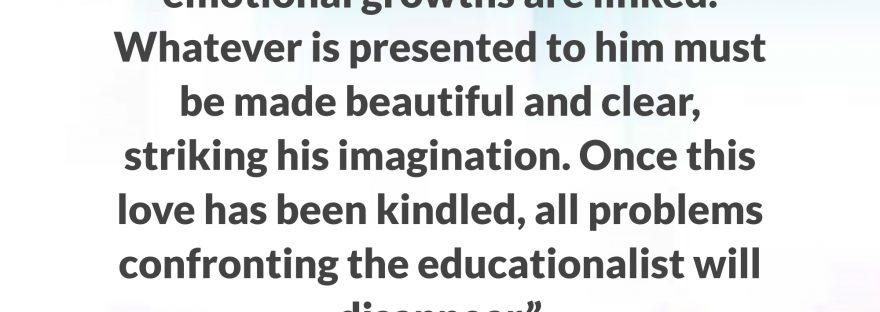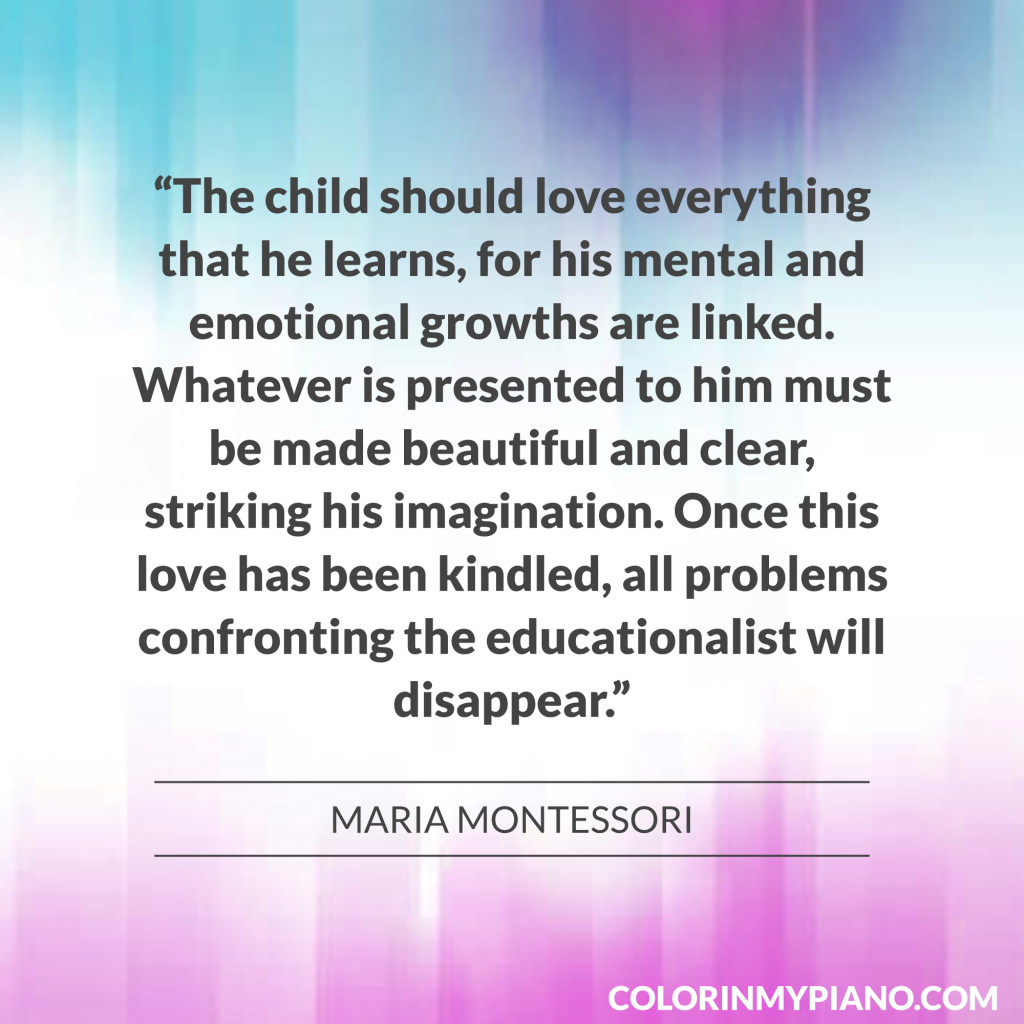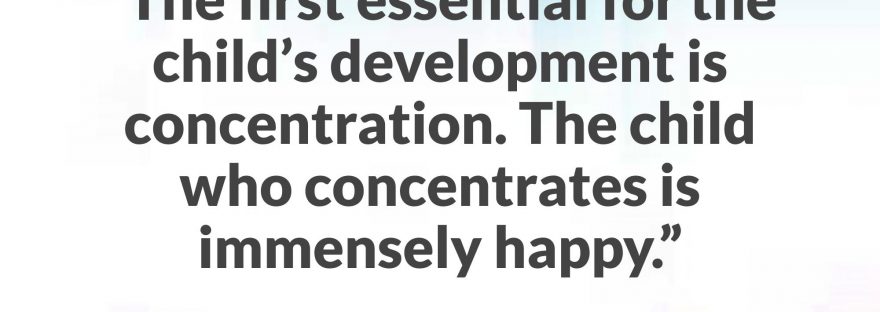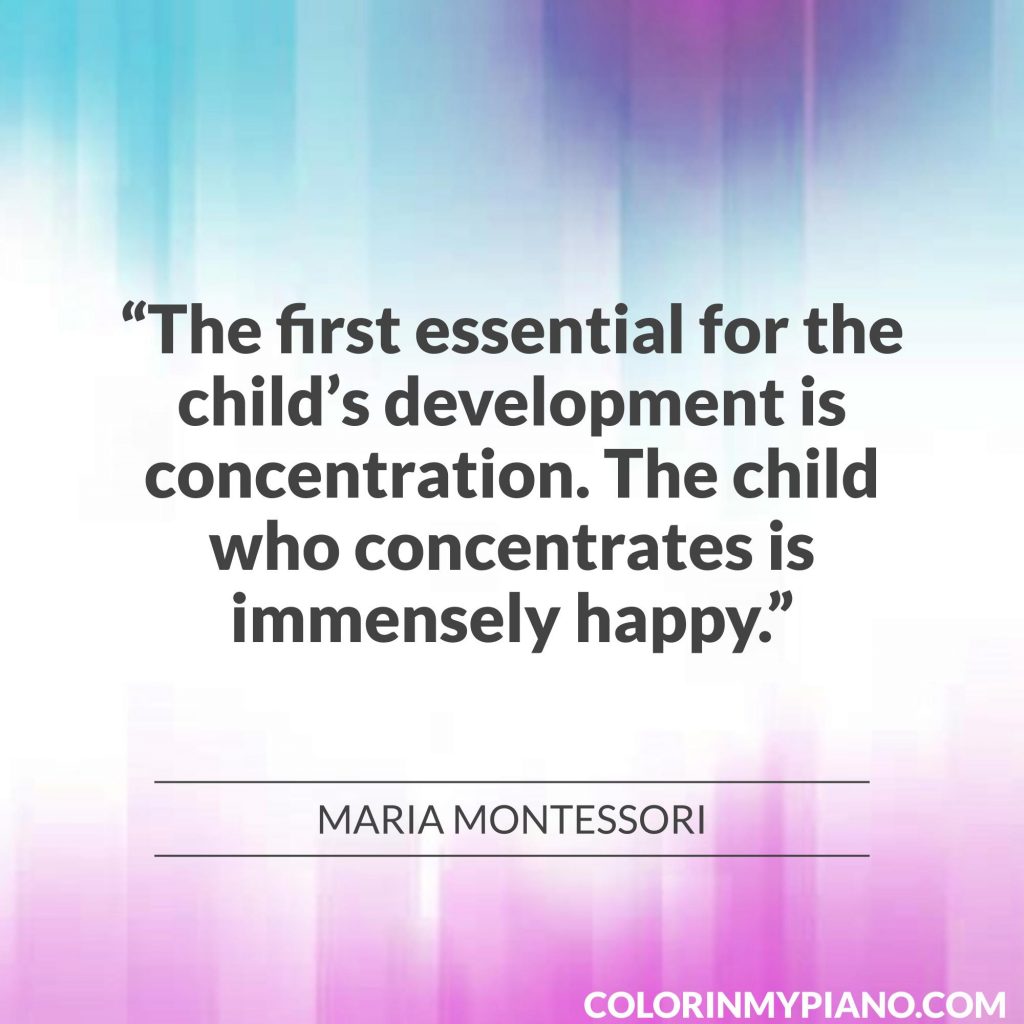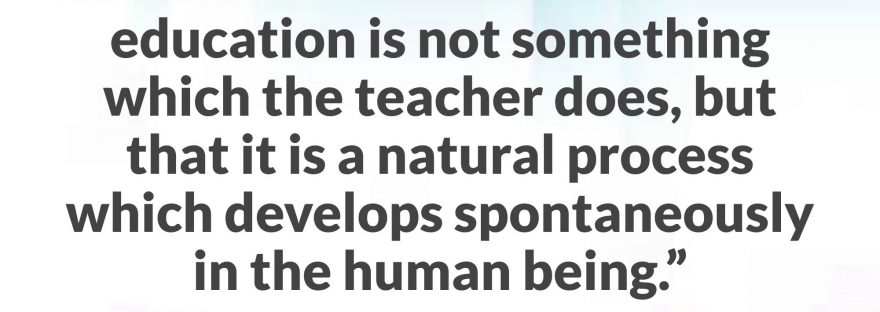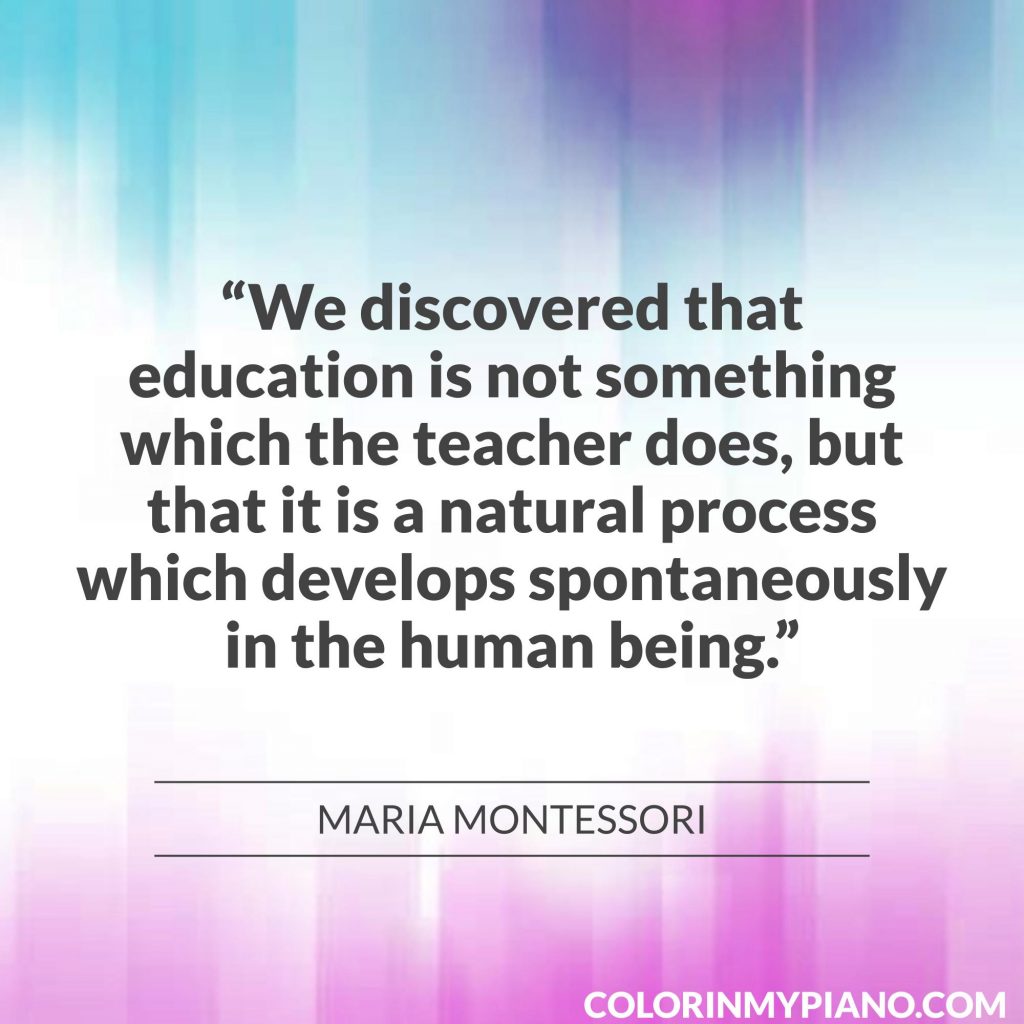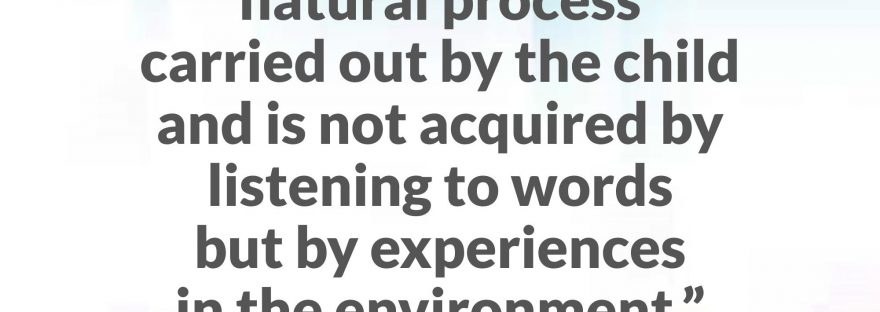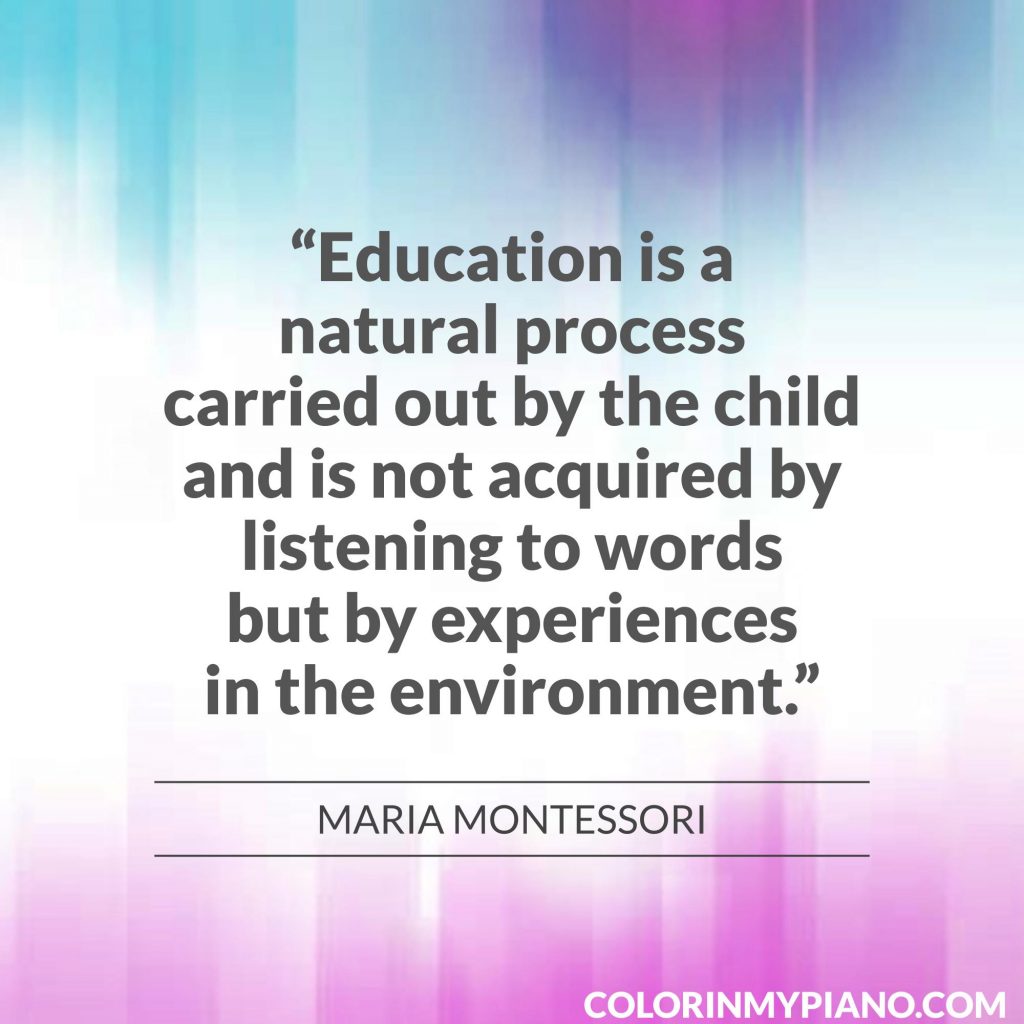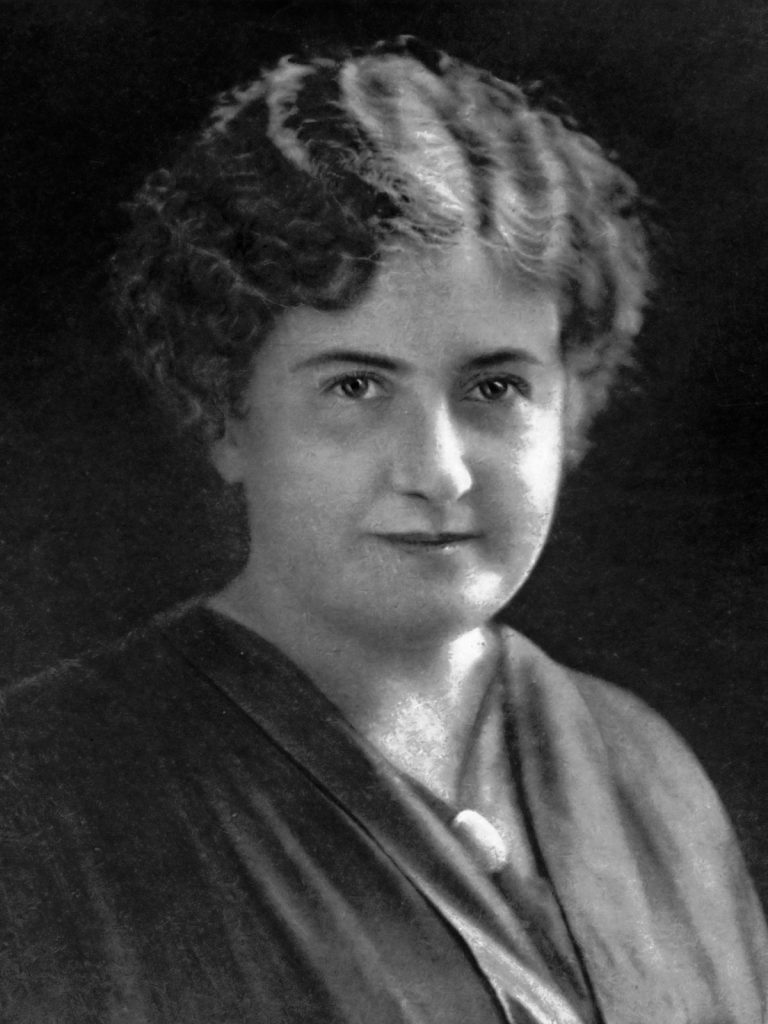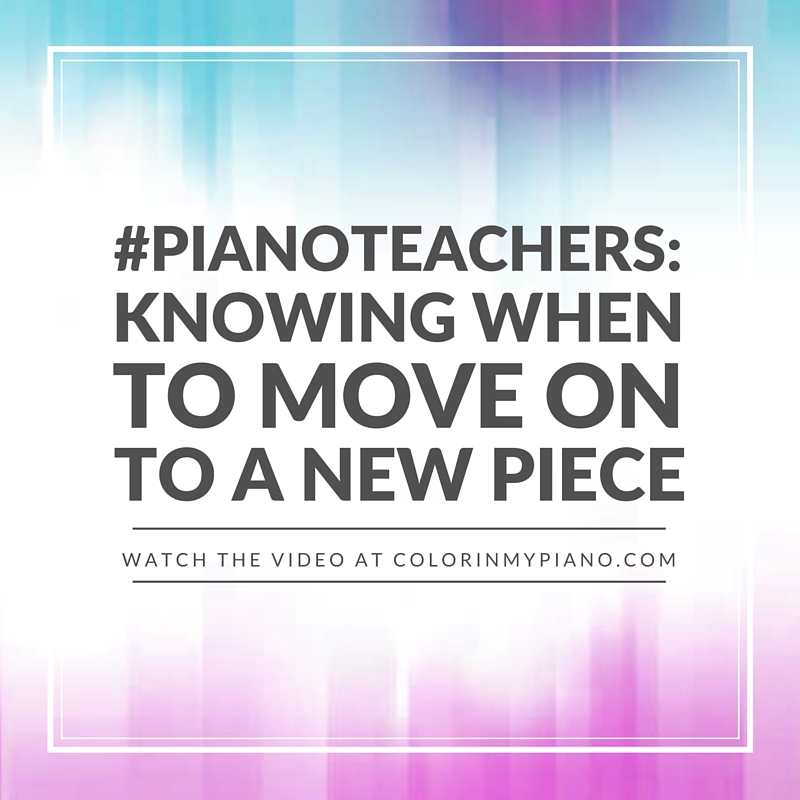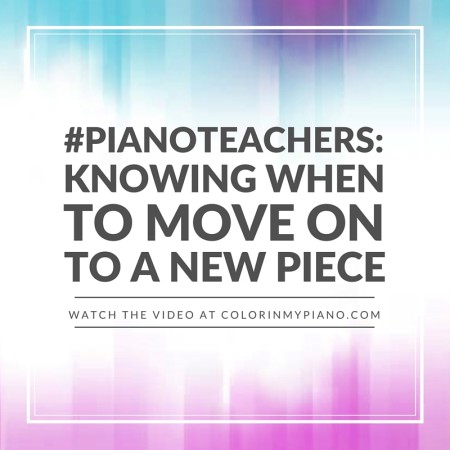“Most of us are tactful enough with other adults not to point out their errors, but not many of us are ready to extend this courtesy (or any other courtesy, for that matter) to children.”
–John Holt (in How Children Learn)
When students make errors, how do YOU respond? Do you quickly and thoughtlessly point out errors, or do you skillfully allow time and opportunity for students to notice and correct errors themselves?
I’m sure we all find ourselves occasionally jumping in too quickly with the “right answer” in our teaching. (When I find myself doing it, it tends to be when I am feeling the pressure of the clock at the end of the lesson time!) In our best teaching, though, we play the “long game” and invest in helping our students become independent. We give students the appropriate amount of challenge (not too much, not too little) according to what they are ready for. We concoct skillful teaching questions that prompt students to learn to hear musical differences on their own. We give them skills and strategies that will increasingly allow them to learn for themselves. And we allow students TIME to think! This creates valuable learning opportunities for our students. Over time, students become increasingly independent and able to teach themselves.
As an aside: It’s not that we are to see errors as inherently “bad.” They aren’t. While we might not want mistakes hanging around for a long time, we must acknowledge they are a natural part of the learning process. To the skillful teacher or learner, errors are incredibly helpful information.
One final point: The above quote from John Holt reminds us of the importance of respecting children. Perhaps this seems obvious or comes easily to you — or perhaps not. I think it’s a good reminder for us all. We ALL — not just children — learn best when our basic needs are met and when we feel respected and valued. Respecting our students means using kindness, truly listening to them, giving age-appropriate choices and responsibilities, and more. (If you’re interested, you can read about what the Montessori approach has to say about respecting children here.)
Happy Wednesday, friends! Please share your thoughts in the comments below.
